We recently published a blog discussing the Barre Intensity difference between "trained" and "certified". If you're looking to take a barre training course and wonder, is it important in order to secure a job as a barre instructor? Read on. We're asking the questions and bringing you the answers, suggestions, and requirements from studio owners, managers, and hiring directors all over.
Trained, experienced or both?
You’ve completed a barre instructor training, you have a certificate of completion in hand and now you’re ready to take on the barre instructor role, but will you land a place on the schedule as such? Most of the studio owners and managers we’ve interviewed do require formal barre training in order to get started. Yes, that certificate of completion you earned and all those practice hours make the difference in the job market. Your barre training is a reference to the commitment you’ve put into your new role.
If you have experience teaching barre and/or proof of all those practice hours, your chances of getting hired are even higher. It’s the icing on the cake per se. With any job you’re looking to land, experience goes a longer way than just a certificate of completion alone.
So, both a formal barre training and experience will get you closer to the job of your dreams as a barre instructor.
“In addition to an audition, we have a phone interview, in-person meeting and they are required to participate in a few of our classes. ”
Potential vs. Paper
What if you’ve been taking classes forever? Do you feel you have a natural ability to lead a class? Does your awesome barre instructor keep pushing you to cross that threshold from taker to teacher? Well, according to most hiring managers, potential doesn’t always get you an official job. It’s definitely a start in the right direction, but not quite the end all be all.
A formal barre training gives those hiring managers and studio owners a feeling of security behind your commitment to them. It’s going the extra mile to prove you not only have what it takes but you can do what it takes. With detailed barre training, like our Comprehensive Barre Instructor Training, you not only learn the in’s and out’s of barre exercises, but you also learn alignment, musicality, cueing, modifications, and more.
Potential plus the paper to back it up, give you the best foot in the door.
“If an instructor is strong or has strong potential to teach, I would totally let them teach barre without a certification! ”
Lights, camera, audition!
“Experience is something that can not be learned, but it’s something I value. ”
You’ve got the paper, the potential, and your first class ready to go, so what’s next? We’ve found that most studios across the globe have their own in house processes once you’ve put in the work and received a certificate of completion. Whether it be an in house audition, a month-long internship, or a one-on-one with the hiring manager, you’re going to have to put your learning to the test.
There wasn’t one person we reached out to that didn’t require an audition along with a certificate of completion or potential, in order to be a part of their team. Let us help you get rid of the jitters for your first class and take the guesswork out of it. Join us on Barre Now for the best choreography, printable handouts, and a matching playlist to go with it.
“If they can teach a demo to no one with me staring at them, I am sure they can teach a great class with people in there. ”
If you’re thinking about becoming a barre instructor but are unsure about the time commitment or if the cost of training is worth it, those are valid concerns. If you’re holding back because you’re afraid you won’t be good at it, then go for it anyway. It’s great if you’re naturally coordinated, have taken a lot of barre classes, and outgoing, but those things can be learned. As long as you’re passionate about it and excited to teach it, the rest will come together with a good training and thorough practice.
“It’s just really important to me that everyone is trained the same way to create consistency for our clients. ”




